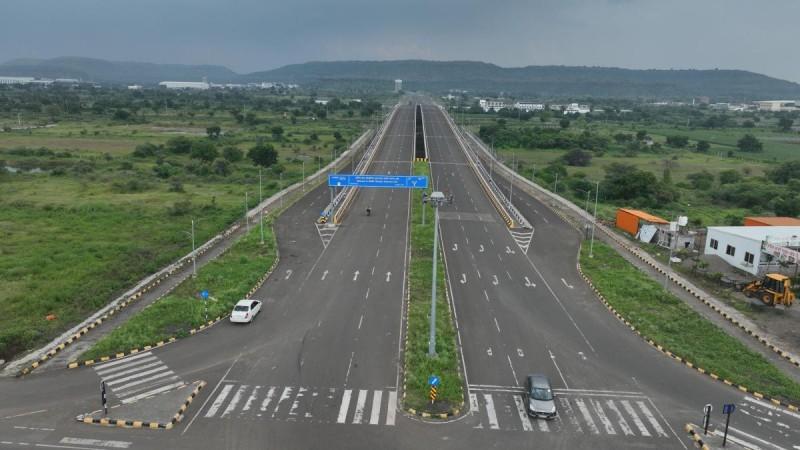
Cabinet Committee on Economic Affairs (CCEA), chaired by Prime Minister Narendra Modi, has approved 12 new project proposals under the National Industrial Corridor Development Programme (NICDP). The projects, worth Rs 28,602 crore, are expected to generate significant employment opportunities, with an estimated 1 million direct jobs and up to 3 million indirect jobs through planned industrialisation. This decision is a strategic step towards achieving the government's vision of a self-reliant and globally-competitive India.
The industrial nodes are expected to act as catalysts for achieving $2 trillion in exports by 2030. The country is set to wear a grand necklace of industrial smart cities on the backbone of the 'Golden Quadrilateral,' a network of highways connecting India's four major metropolitan cities. The industrial areas will be strategically located across ten states and six major corridors, including Khurpia in Uttarakhand, Rajpura-Patiala in Punjab, Dighi in Maharashtra, Palakkad in Kerala, Agra and Prayagraj in Uttar Pradesh, Gaya in Bihar, Zaheerabad in Telangana, Orvakal and Kopparthy in Andhra Pradesh, and Jodhpur-Pali in Rajasthan.
The NICDP is designed to foster a vibrant industrial ecosystem by facilitating investments from both large anchor industries and micro, small, and medium enterprises (MSMEs). The new industrial cities will be developed as greenfield smart cities of global standards, built "ahead of demand" on the "plug-n-play" and "walk-to-work" concepts. This approach will enable cities to equip themselves with advanced infrastructure, thereby attracting more businesses and investments.

Aligned with the PM GatiShakti National Master Plan, the projects will feature multi-modal connectivity infrastructure, ensuring seamless movement of people, goods, and services. This will position India as a strong player in the Global Value Chain (GVC), providing developed land parcels ready for immediate allotment, making it easier for domestic and international investors to set up manufacturing units in the country.
The approval of these 12 new industrial nodes under the NICDP marks a significant milestone in India's journey towards becoming a global manufacturing powerhouse. With a strategic focus on integrated development, sustainable infrastructure, and seamless connectivity, these projects are set to redefine India's industrial landscape and drive the nation's economic growth for years to come.
The move is a testament to the government's commitment to fostering industrial growth and job creation. It is also a reflection of the government's vision of a self-reliant India, where the country's industrial landscape is transformed into a network of smart cities and industrial nodes that boost economic growth and global competitiveness.

















